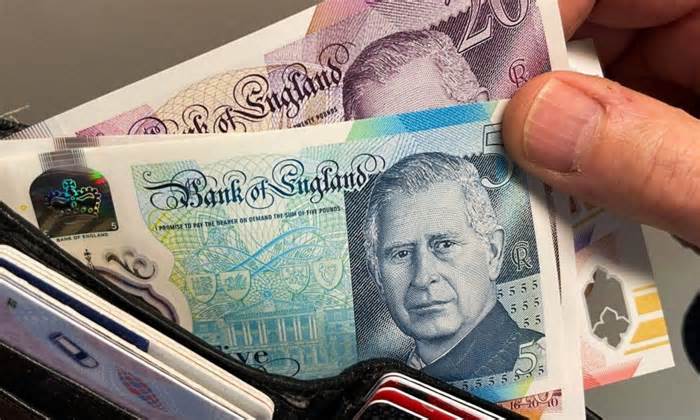XI’AN – Fu Jing, a 27-year-old employee from Xi’an, Shaanxi Province in northwest China, spent three days at the Chinese Dragon Boat Festival in Seoul, Republic of Korea.
“Normally, I pack my bags and travel to countries like Japan, Thailand, and Singapore for a short vacation,” Fu said, expressing his excitement about such getaways. “But I also added Northern Europe and Africa to my bucket list. “
China’s tourism industry is experiencing a recovery, regaining its position as the top spender in the overseas market in 2023.
Tourism data from the United Nations shows that Chinese tourists spent $196. 5 billion in 2023, putting them among the most sensible on the list of outbound tourism spending. This figure has surpassed that of other major players, with the United States reaching $150 billion and Germany $112 billion.
At the same time, China is experiencing a resurgence of inbound tourism faster than expected this year.
China’s central and local governments have announced policy measures targeting major hurdles for foreign tourists, ranging from visa waiver to mobile phone bills and less difficult booking procedures.
During the Dragon Boat Festival holiday in early June, the Qinshihuang Emperor Mausoleum Museum, home to Xi’an’s mythical terracotta warriors, received a total of 122,877 visits, with the number of foreign visitors increasing by 150% from the same time last year. .
“On April 3, we launched a platform that allowed tourists from 39 countries and regions to use 24 languages and 29 currencies to make reservations. It helped more than 5,700 foreign tourists the following month,” said Zhou Ping, deputy director of the museum. , adding that currently only about 40 agencies have business booking services for incoming tourists.
Similar measures are being implemented in many other cities. The “Shanghai Pass,” a flexible prepaid card for foreign visitors introduced on May 19, can be accepted for payments at tourist sites and convenience retail stores in Shanghai, as well as on public transportation in more than 330 Chinese cities.
Major tourist destinations are experiencing an uptick in the number of foreign tourists. Beijing received a total of around 469,000 foreign visitors in the first quarter of this year, more than triple the number in 2023. in the number of travellers from Switzerland, Ireland, Hungary, Austria, Belgium and Luxembourg, which almost quintupled year-on-year, thanks to an experimental visa-free policy implemented since 14 March.
These efforts have won the hearts of several foreign tourists.
Greg Slabb, originally from Australia, was fascinated by its stunning appearance after visiting the bustling Grand Tang Mall, a Tang Dynasty-themed pedestrian domain in Xi’an.
“It’s exciting that China has so much history, and it’s much bigger than I thought. Today we are talking about the Silk Road, so it would be attractive to see it start here in Xi’an and then head west,” he said. he said.
Meanwhile, foreign tourists have been sharing their experience of traveling to China through vlogs on platforms such as YouTube and TikTok. These videos feature topics on high-speed railways, local cuisine, and classical culture, highlighting the growing global interest in Chinese tourism.
Among them, a circle of relatives of five people from the United Kingdom was the highlight on YouTube. Their trip to China since March has taken them to Guangzhou, Hangzhou and Chengdu, among others. A popular music video showing her three daughters dressed in classic Chinese costumes. Hanfu clothing has been viewed more than 80,000 times.
According to the United Nations World Tourism Barometer, which monitors short-term trends in global tourism, foreign tourist arrivals in 2023 reached 89 percent of those in 2019. A full recovery in foreign tourism is expected this year, with arrivals rising a consistent 2 percent. with a penny above the 2019 level. Rebounds in China and other primary Asian countries are a key pillar.
“It is true that rising geopolitical tensions continue to cause headwinds for foreign tourism, but the expansion impulse comes from suppressed preferential policies that catalyze cross-border travel,” said Liang Xuecheng, a professor at Northwestern University in Xi’an. . an, underpinning the role of tourism in cultural exchanges.
“Anything that makes it less difficult is important. Tourism and culture go hand in hand. And with tourism, it’s an opportunity to be more informed about each other and realize how much we have in common,” said Robert Nederlander JR, president and CEO of Nederlander Worldwide Entertainment of the United States.

